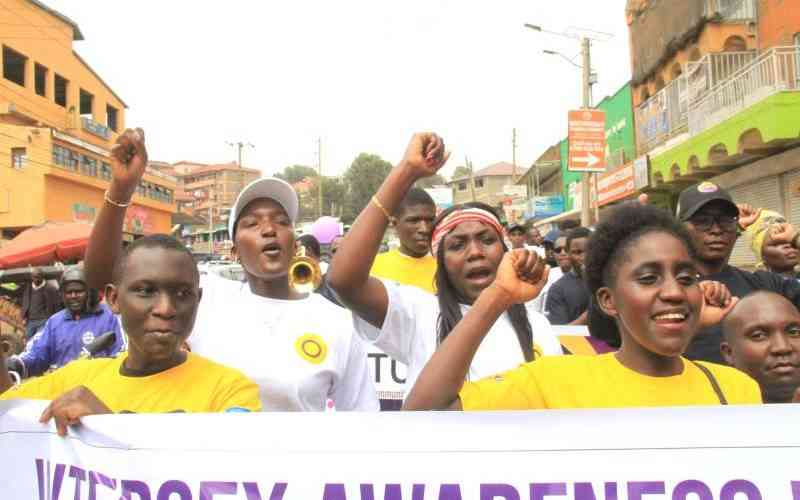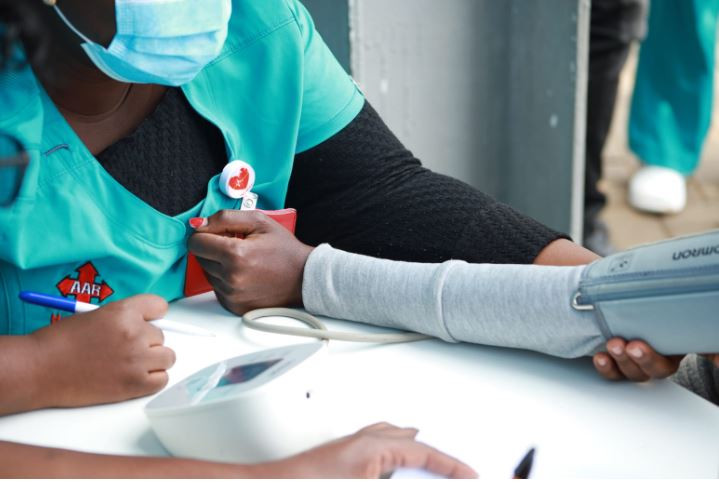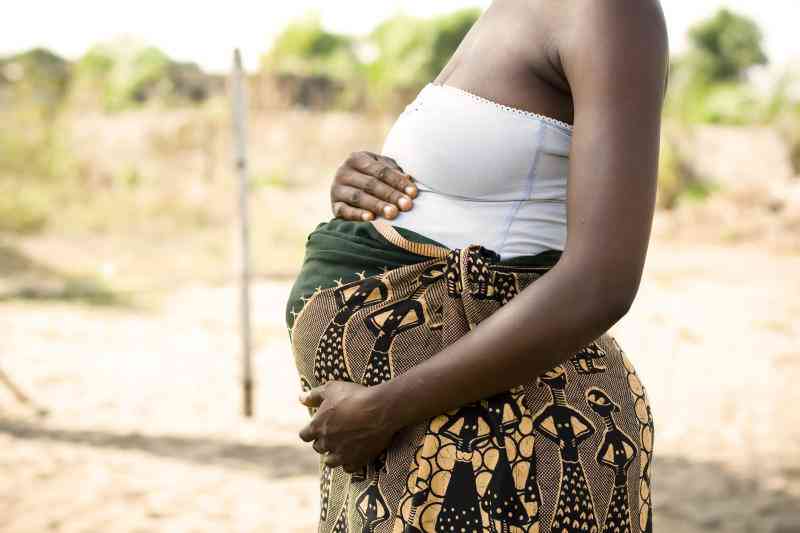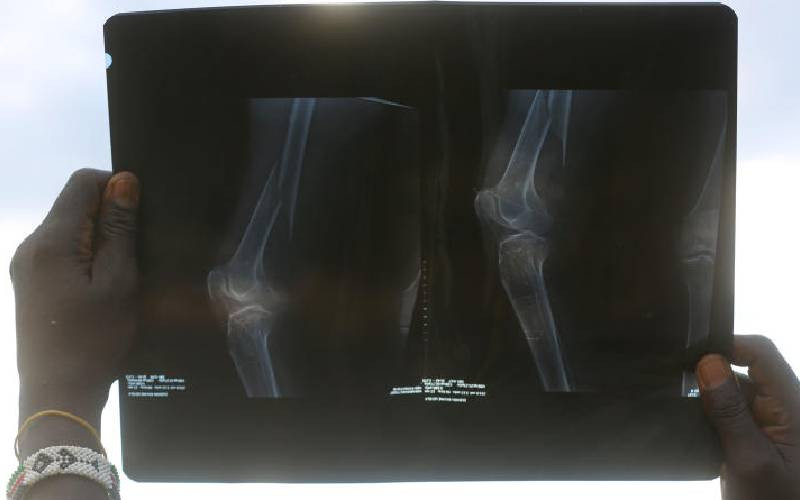
Kenya has made significant progress in enhancing access to quality healthcare, which results have included a reduction in maternal deaths and a drop in infant mortality rates, according to a report.
The Kenya Demographic and Health Survey 2022 - Key Indicators Report, released in Nairobi on Tuesday, shows that more Kenyans are also accessing reproductive health services, which has seen maternal deaths drop from 362 per 100,000 live births to 355 per 100,000 live births.
Access to basic education has also been on an upward trend, according to the report which shows major achievements in population health, which is the health outcome of a group of individuals, including the distribution of such outcomes within the group.
The survey shows the infant mortality rate dropped from 39 per cent in 2014 to 22 per cent of live births recorded last year. The survey was implemented by the Kenya National Bureau of Statistics (KNBS) in collaboration with the Ministry of Health (MoH) and other stakeholders. Survey planning began in late 2020 with data collection taking place from February 17 to July 19, last year.
The primary objective of the report was to provide up-to-date estimates of demographic, health, and nutrition indicators to guide the planning, implementation, monitoring, and evaluation of population and health-related programs at the national and county levels.
The report also shows that the use of modern contraceptives grew from 53 per cent in 2014 to 57 per cent last year. This came as the MoH is making efforts to increase the uptake of contraceptives to 64 per cent.
During the release of the report coordinated by the National Council for Population and Development (NCPD), various ministries also presented progress reports on key achievements made in realising the commitments made during the International Conference on Population and Development (ICPD) in Cairo, Egypt, on 5-13 September 1994.
The United Nations coordinated meeting resulted in a Programme of Action (POA) which became the steering document for the United Nations Population Fund.
- Africa urged to invest in data to curb maternal deaths
- One nurse for 25 babies: Newborn deaths uncover nurse shortage
- Scars of tradition:The fight to end FGM in Isiolo
- Kenya uses digital tools to cut maternal deaths, Otuoma tells UN meeting
Keep Reading
The conference recognised reproductive health, the empowerment of women, and gender equality as core to sustainable development. Nations were urged to consider the social aspects of human population and family planning as human rights.
A report from the MoH during the function indicated that the government has allocated Sh890 million this financial year for the procurement and distribution of contraceptives.
The ministry's report further showed that health providers have been trained and sensitised on family planning and counselling, among other related services.
However, Kenya still has an unmet need of 14 per cent in family planning. The target is to reduce it to a single digit by 2030.
Kenya is among 179 countries which committed to accelerate the 1994 ICPD agenda, among them being enhancing gender equality, access to education, ending child and maternal health, and eradicating child marriages and teenage pregnancies, among other areas of priority.
The POA laid out a far-sighted plan for advancing well-being that placed human rights, rather than numerical population targets, at the centre of the global development agenda.
NCPD Director-General Mohamed Sheikh said some of the 17 ratified commitments include achieving zero gender-based violence by 2030, zero unmet needs for family planning, total eradication of FGM, zero teenage pregnancies and eradication of maternal and infant deaths by 2030.
"Reduction of teenage pregnancies from 18 per cent (in 2014) to 15 per cent (last year) and reduced cases of FGM are some of the key achievements as indicated in the 2022 survey," he said.
He added: "Regional and cultural diversity has posed a major challenge in fighting FGM and teenage pregnancies because the driving factors and causes differ from one community to another. That means we must have different messages for different communities.
"We need to educate the people on the health, economic, social and legal consequences of some these activities and practices we are looking to eradicate," he said.
The NCPD, in collaboration with government agencies and ministries, has been holding ICPD annual anniversaries to track the progress of the commitments.
Danish Ambassador Ole Thonke said his government would donate Sh4.4 billion to support the provision of universal access to quality reproductive health services and another Sh900 million to support the fight against sexual and gender-based violence and harmful cultural practices such as FGM.
UNFPA Country Representative Anders Thomsen lauded Kenya for the strides made in achieving the global population development agenda and the Cairo commitments.
 The Standard Group Plc is a multi-media organization with investments in media
platforms spanning newspaper print
operations, television, radio broadcasting, digital and online services. The
Standard Group is recognized as a
leading multi-media house in Kenya with a key influence in matters of national
and international interest.
The Standard Group Plc is a multi-media organization with investments in media
platforms spanning newspaper print
operations, television, radio broadcasting, digital and online services. The
Standard Group is recognized as a
leading multi-media house in Kenya with a key influence in matters of national
and international interest.











